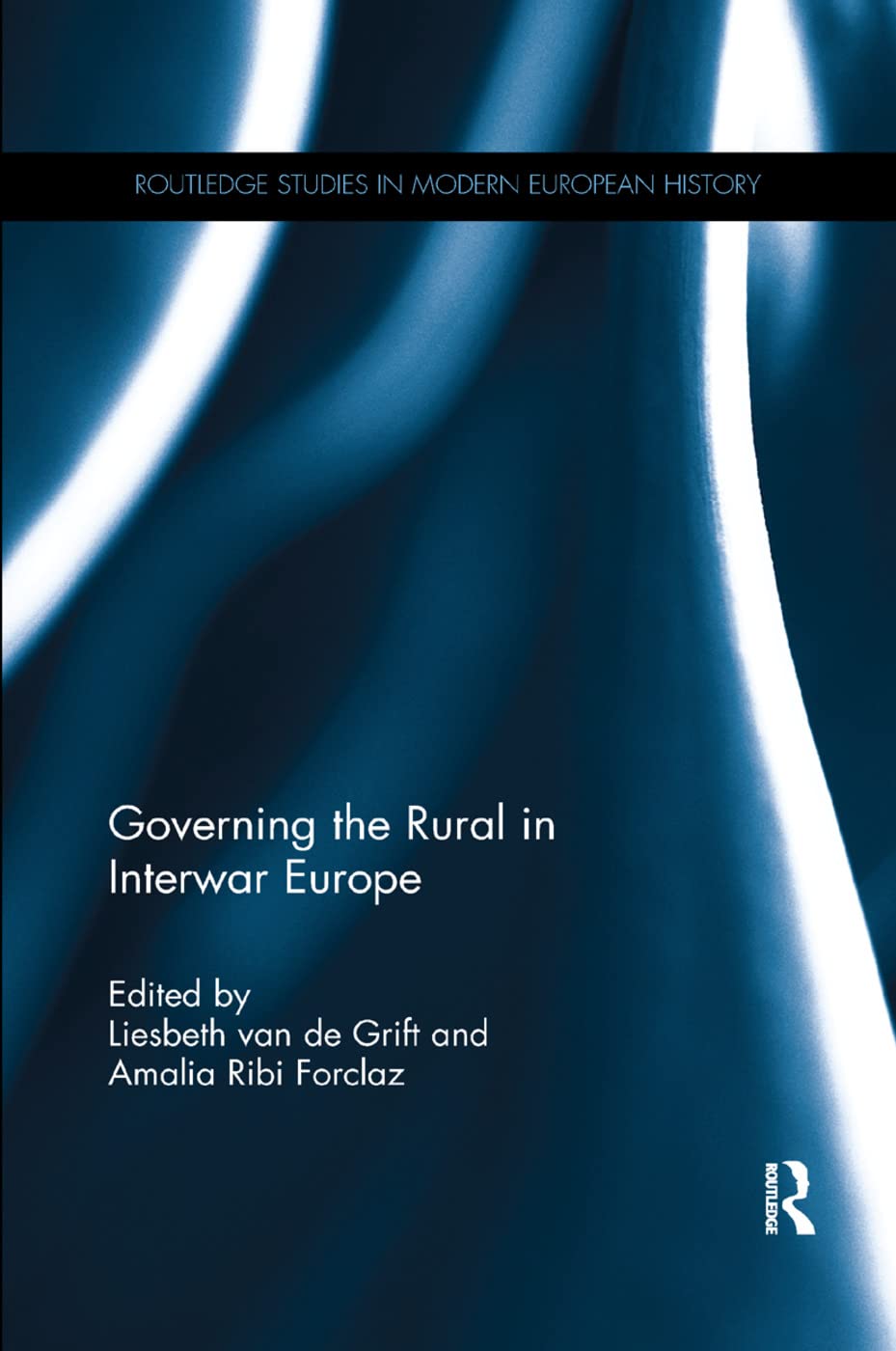Governing the Rural in Interwar Europe
Governing the Rural in Interwar Europe is backordered and will ship as soon as it is back in stock.
Couldn't load pickup availability
Genuine Products Guarantee
Genuine Products Guarantee
We guarantee 100% genuine products, and if proven otherwise, we will compensate you with 10 times the product's cost.
Delivery and Shipping
Delivery and Shipping
Products are generally ready for dispatch within 1 day and typically reach you in 3 to 5 days.
Book Details
-
Publisher: Routledge
-
Author: Liesbeth Van De Grift
-
Language: English
-
Edition: 1
-
ISBN: 9780367348823
-
Pages: 310
-
Binding: Paperback
About the Book
Governing Rural Europe: Agricultural Modernization and the Politics of Rural Communities in the Interwar Period by Liesbeth Van De Grift examines the evolution of rural Europe as a critical site of governance during the interwar years. In the aftermath of World War I, the need to secure and enhance food production, protect contested border areas, improve rural infrastructure, and politically integrate rural populations led to various initiatives aimed at modernizing agriculture and reshaping rural society.
The book takes a transnational perspective, exploring the discourses, institutions, and practices of rural governance across different countries. Van De Grift reveals the commonalities in the approaches of local, national, and international actors—government officials, experts, and farmers—who engaged in debates on how to address rural poverty, decline, backwardness, and the need for more control. These debates contributed to the formulation of planning and engineering models that sought to build efficient agricultural sectors and ideal rural communities.
By highlighting under-researched interactions between policymakers, experts, and rural inhabitants, Governing Rural Europe sheds light on the political and social dynamics that influenced rural governance during the 1920s and 1930s. This volume will be valuable for scholars of European history, rural studies, and governance, offering a deep analysis of the forces that shaped the development of rural Europe in the interwar period.





